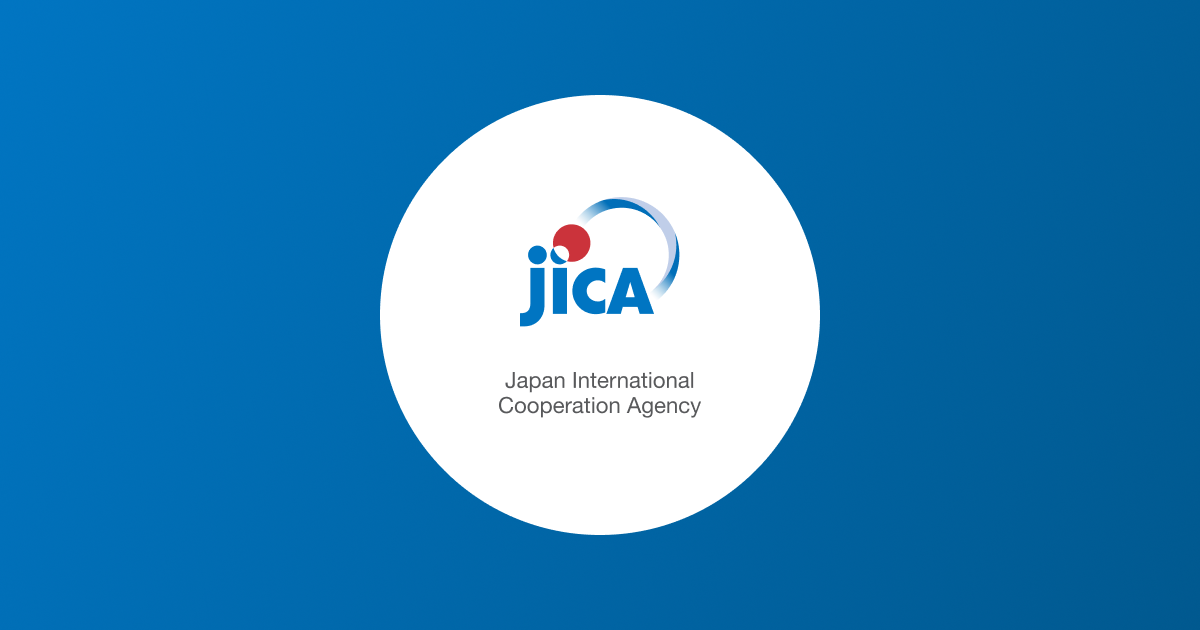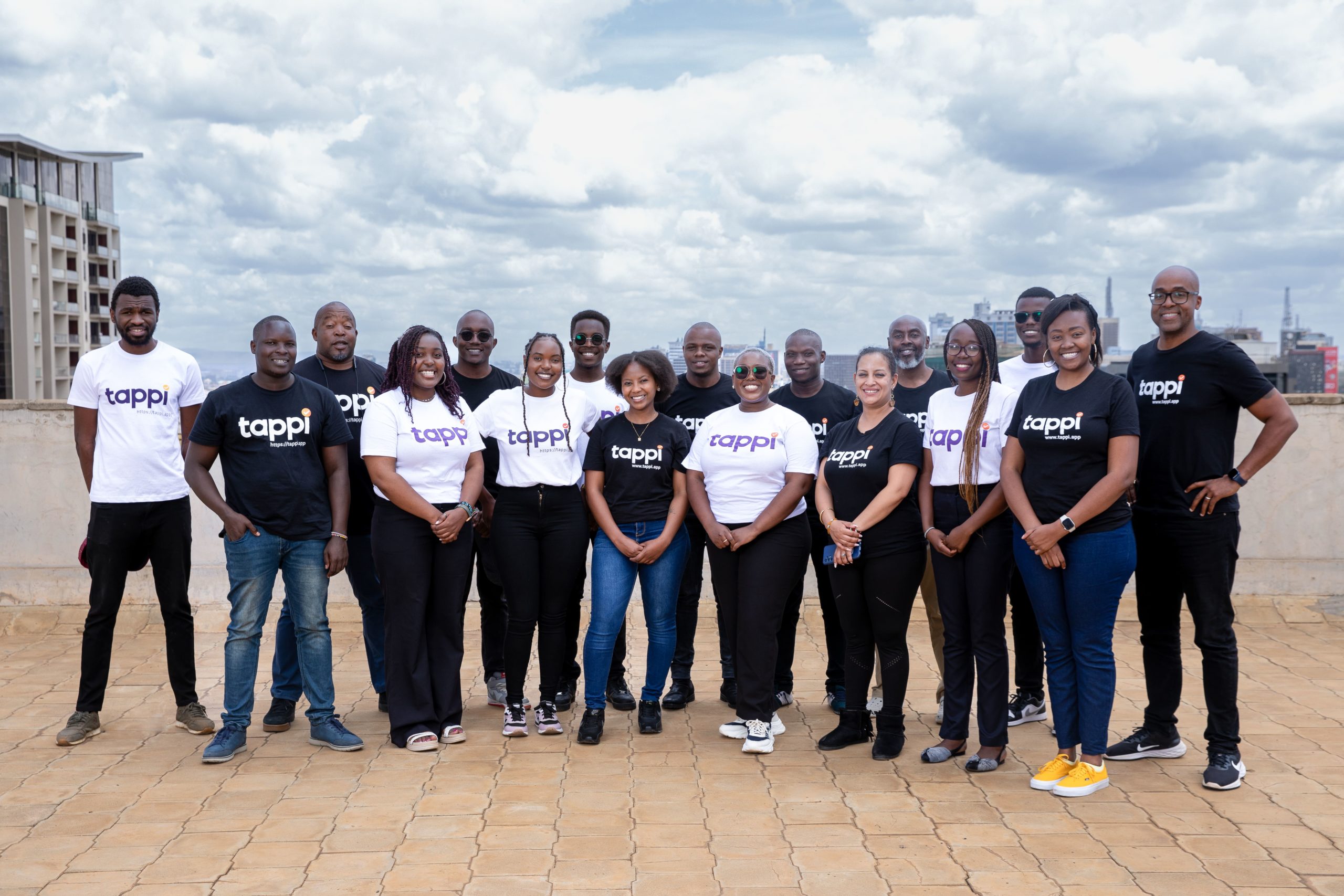
First published 21 April, 2024
Apple, the American iPhone and MacBook maker, is excellent at market analysis, planning, and identifying an optimal course of action before launching its products or services. It continuously monitors product use and market trends and adapts its strategy based on these insights. It may sometimes delay launching a popular feature in rival products just to ensure it works perfectly before going to market. This tactic has single-handedly made it a top digital products maker as its customers genuinely love its products and services.
However, Apple’s approach isn’t without criticism. The company’s locked ecosystem and, to some extent, anti-competitive behaviour, frustrates its users. Some people argue that Apple prioritises vision over customer and expert input, particularly regarding how it structures and sells products and services. This “disregard” is the reason the company is currently in trouble with regulators in the European Union (EU) and US.
Next Wave continues after this ad.
Locking in customers and anti-competitive practices
Apple devices are known for their user-friendly interface, but this comes at a cost. Users have minimal control over how their iPhones or iPads run, and features like hardware compatibility or using alternative app stores are restricted. (This is no longer the case in the EU region, where Apple has been directed to allow customers to sideload apps from other sources.)
Apple’s tight control extends to its App Store, which has been the sole platform for installing apps. Developers have been made to adhere to strict guidelines; Apple also takes a 30% cut on all App Store-related transactions such as in-app purchases, significantly eating into developer earnings. Apple has also been accused of favouring its own apps and delaying approvals for its rivals’.
Partner Content:
Read: TECNO launches the powerful CAMON 30 Pro 5G phone as part of its CAMON 30 series
here.
This control fosters a “closed ecosystem” where users are heavily incentivised to use Apple products. For example, seamless integration between devices, effortless data transfer, and the exclusivity of iMessage all make switching to non-Apple products a challenge. Apple has further been criticised for making repairs outside its authorised centres difficult and expensive, potentially forcing upgrades for minor issues. These practices raise concerns about user freedom.
Next Wave continues after this ad.
Are regulators doing enough?
The debate about these issues is complex. Apple says that its tight control ensures a high-quality user experience and protects user privacy. However, this may stifle innovation, in the sense that Apple’s 30% App Store commission cuts deeply into developer earnings, which may discourage other developers from publishing their apps for Apple products. Besides, this “tax” limits investment in existing apps and introduces barriers to app developers struggling to turn a profit.
Regulators have been on the lookout for abuses: the EU last month hit the tech giant with a nearly $2 billion fine for antitrust violations (antitrust law requires technology corporations identified as “gatekeepers” to make sure their products are open and interoperable. It forbids these companies from favouring their services over those of others). The EU regulators accuse Apple of abusing its power over music streaming services and preventing app developers from promoting cheaper alternatives from outside the App Store.
Next Wave continues after this ad.
Antitrust cases are complex and hard to prove. At the same time, tech companies like Apple, which could hit a $4 trillion market cap, have significant resources to fight legal challenges. Even if Apple loses its current case with the EU, the penalties may not be enough to fundamentally overhaul its business model. And rulings may only address specific practices, leaving room for Apple to find workarounds.
Perhaps, the responsibility to regulate Apple should not fall upon the EU alone because while the EU benefits from clear regulations explicitly outlining its rules, the same cannot be said for other regions such as the US, where officials are addressing antitrust issues associated with tech companies through the court system. Essentially, while the EU has specific rules for certain situations, the US does not have a single law that bans antitrust behaviour. Rather, whenever an antitrust case comes up, it must be argued through the court system, on a case-by-case basis, which can be cumbersome.
Next Wave continues after this ad.
Developers deserve fairness
Regulators must compel Apple to end forced in-app purchases. This will allow developers to offer alternative payment channels for more choice, and potentially at lower prices. Apple could still earn revenue with a commission on these transactions.
Developers have complained that Apple’s app review process is unnecessarily stringent. Apple should set up fair and clear app review guidelines, as this will ensure that developers understand why apps are rejected and stop arbitrary decision-making from Apple.
Next Wave ends after this ad.
Kenn Abuya
Senior Reporter, TechCabal
Thank you for reading this far. Feel free to email kenn[at]bigcabal.com, with your thoughts about this edition of NextWave. Or just click reply to share your thoughts and feedback.
We’d love to hear from you
Psst! Down here!
Thanks for reading today’s Next Wave. Please share. Or subscribe if someone shared it to you here for free to get fresh perspectives on the progress of digital innovation in Africa every Sunday.
As always feel free to email a reply or response to this essay. I enjoy reading those emails a lot.
TC Daily newsletter is out daily (Mon – Fri) brief of all the technology and business stories you need to know. Get it in your inbox each weekday at 7 AM (WAT).
Follow TechCabal on Twitter, Instagram, Facebook, and LinkedIn to stay engaged in our real-time conversations on tech and innovation in Africa.
































